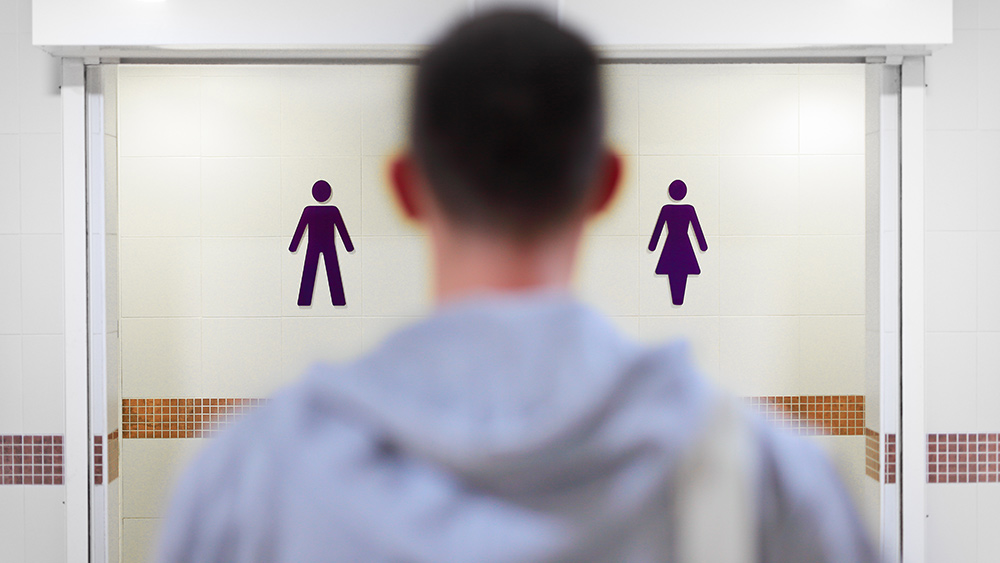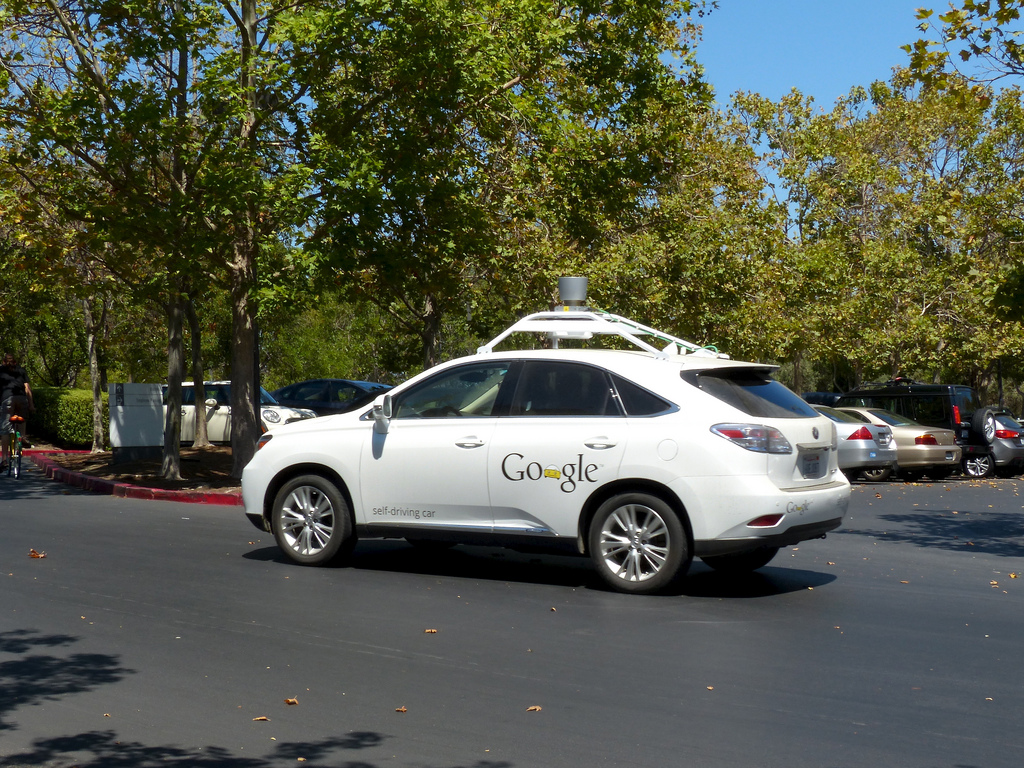Project Night Fury: Documents reveal DHS partnered with UAB to evaluate and assign social media accounts with “risk scores”
06/14/2023 / By Belle Carter
A nonprofit law and public policy institute recently obtained documents that revealed that the Department of Homeland Security (DHS) had a deal with the University of Alabama at Birmingham (UAB) in 2018 to launch a project called the “Night Fury,” which was designed to evaluate and assign social media accounts with “risk scores.”
The documents were obtained via a Freedom of Information Act (FOIA) request.
According to online magazine Motherboard, the Brennan Center for Justice shared the procured documents which found that the federal surveillance project was aimed initially at utilizing automation to detect social media accounts for connections to terrorism, illegal opioid distribution and disinformation campaigns. The project began in September 2018 and cost almost $790,000.
“The contractor shall develop these attributes to create a methodology for developing a ranking, or ‘risk score,’ associated with the identified accounts,” one DHS document said. It also included that the contractor should develop tools to automate the identification process, documenting performance measures and metrics related to automating the identification process.
Another document said the researchers will “build next-generation capabilities,” which includes developing training data sets, algorithms and methodologies – specifically, identifying location without GPS metadata, such as looking for certain keywords and tracking threats beyond mainstream social platforms like Facebook and Twitter to other communities.
Reports said Project Night Fury also planned on involving Customs and Border Protection (CBP), Immigration and Customs Enforcement (ICE), Transportation Security Administration (TSA) and the U.S. Citizenship and Immigration Services (USCIS) to provide “cross-mission operational context.”
Interestingly, earlier reports indicated that CBP is utilizing an AI-powered tool – dubbed as Babel X – for checking the travelers’ profile on their social media at the U.S. borders.
Meanwhile, DHS claimed it stopped work on the project in 2019. A spokesperson for the agency said DHS is committed to protecting individuals’ privacy, civil rights, and civil liberties. DHS uses various forms of technology to execute its mission, including tools to support investigations related to threats to infrastructure, illegal trafficking on the dark web, cross-border transnational crime and terrorism.
“DHS leverages this kind of technology in ways that are consistent with its authorities and the law and has safeguards in place to ensure contractors or service providers also limit their work so that it is in compliance with those authorities,” the spokesperson claimed.
Biden regime will watch Americans with body-worn cameras
DHS may have not successfully “hijacked” people’s social media accounts to surveil their activities and thoughts, but President Joe Biden’s administration is now launching the first department-wide policy on body-worn cameras (BWCs) for its law enforcement officers and agents. This is in line with Biden’s executive order on public trust and public safety.
DHS Secretary Alejandro N. Mayorkas said the department’s plan will include a phased implementation of BWCs while working with Congress to secure the necessary funding to equip agents nationwide with the cameras. DHS agencies should be able to draft and issue or update their own individual BWC policies that meet or exceed the requirements within 180 days.
“Our ability to secure the homeland rests on public trust, which is built through accountability, transparency, and effectiveness in our law enforcement practices,” said Mayorkas. (Related: Facial recognition program to be rolled out at 16 major U.S. airports, increasing biometric surveillance of Americans.)
“Today’s policy announcement is designed to advance these essential values. Requiring the use of body-worn cameras by our law enforcement officers and agents is another important step DHS is making to bring our law enforcement workforce to the forefront of innovation and to further build public trust and confidence in the thousands of dedicated and professional law enforcement officers at DHS.”
BWCs will be used for law enforcement interaction with the public in response to emergency calls, pre-planned arrests or during execution of a search or seizure warrant or order. Among other restrictions, the department said the cameras will not be used for the purpose of recording individuals engaged in First Amendment activities.
Visit Surveillance.news for more stories on how the federal government watches its citizens.
Watch the video below that talks about the DHS assigning a “social score” to determine American people’s fate.
This video is from the SecureLife channel on Brighteon.com.
More related stories:
FBI surveillance contractor infiltrated chatrooms, monitored skeptics of COVID jabs.
NYC Mayor Eric Adams brings back NYPD’s creepy robot surveillance dog.
Dallas school district installs AI spying, surveillance systems to keep an eye on students.
Sources include:
Submit a correction >>
Tagged Under:
AI, Babel X, Biden, big government, Brennan Center for Justice, BWC, Collapse, conspiracy, deception, DHS, disinformation campaigns, First Amendment, illegal opioid distribution, Mayorkas, national security, Night Fury, privacy watch, propaganda, risk scores, social credit, Social media, surveillance, terrorism, UAB, watched
This article may contain statements that reflect the opinion of the author
RECENT NEWS & ARTICLES
COPYRIGHT © 2017 PENSIONS NEWS




















